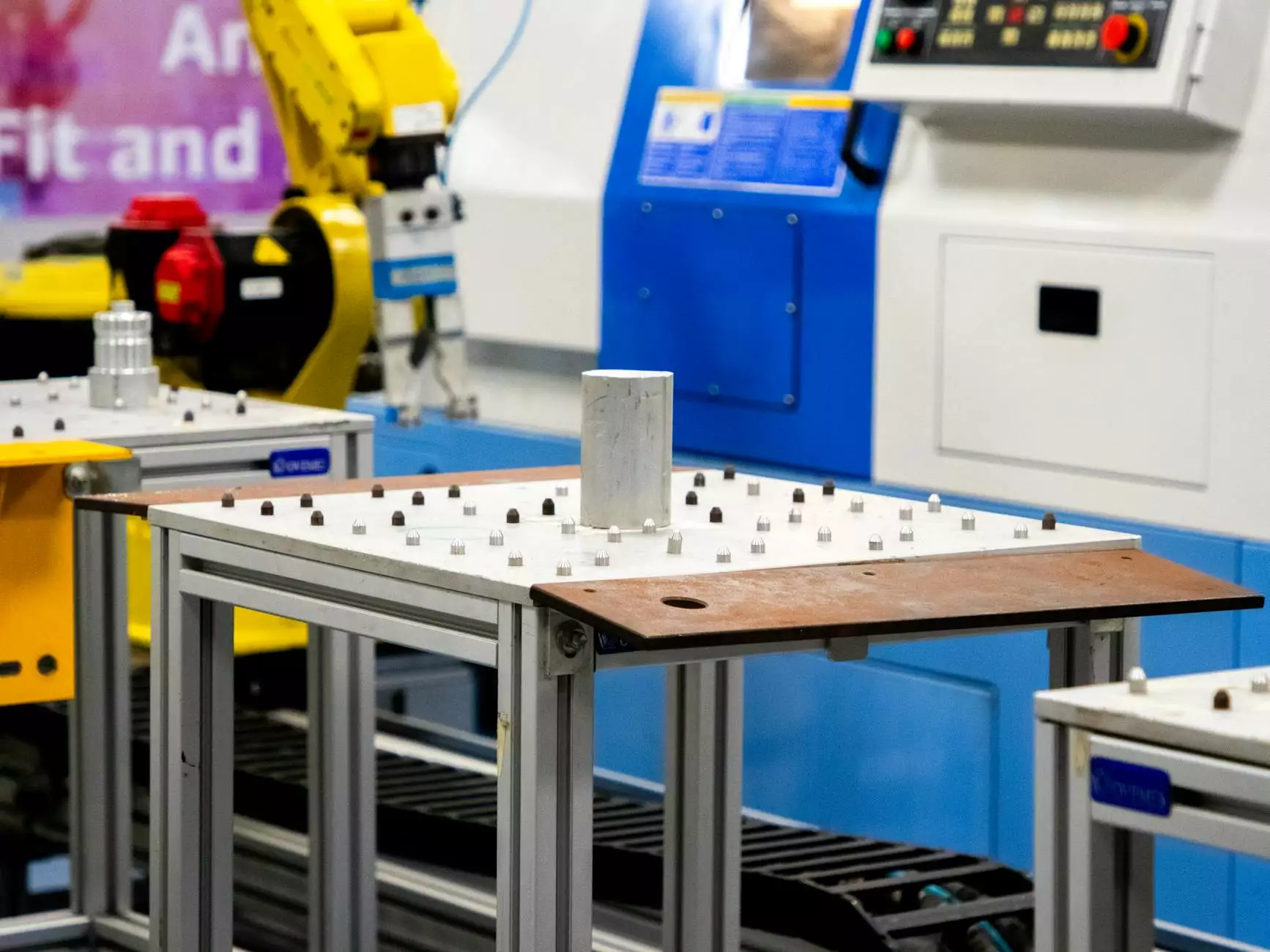Understanding the Significance of Centre Formation CCA in Aviation Training

In the dynamic and fast-evolving world of aviation, the term Centre Formation CCA has emerged as a pivotal concept, especially within the realms of flight instruction, airline operations, and aviation services. This article delves deep into the various facets of Centre Formation CCA, exploring its impact and relevance in today’s aviation landscape.
What is Centre Formation CCA?
The term "Centre Formation" generally encompasses structured arrangements essential for the effective functioning of organizations, teams, or programs. In the context of the aviation industry, particularly related to CCA or "Cabin Crew Academy," it signifies a regime or methodology to decentralize and enhance training and operational protocols.
The Role of Centre Formation CCA in Flight Instruction
Flight instruction is foundational in aviation training, and effective Centre Formation CCA plays a vital role in this sector. Below are some intricacies of its influence:
- Structured Training Programs: The formation of centres ensures that training programs are meticulously structured. This allows for standardized educational practices that are essential for developing competent pilots.
- Collaborative Learning Environments: By fostering collaborative settings within the centres, instructors and trainees can share knowledge and skills, ultimately enhancing the learning experience.
- Expert Training Procedures: Aviation training under the umbrella of Centre Formation CCA includes access to expert panels that deliver precise, industry-standard training.
Enhancing Airline Operations through Centre Formation CCA
The efficiency of any airline operation hinges on well-coordinated processes. Here are key aspects of how Centre Formation CCA enhances airline operations:
- Streamlined Communication: When centres are organized correctly, communication channels across departments get streamlined. This is crucial in aviation, where real-time information is vital for safety and efficiency.
- Operational Consistency: With the help of structured formations, airlines can ensure their operational practices are consistent, reducing discrepancies and enhancing overall efficiency.
- Scalability: Well-formed operational structures enable airlines to scale their business, adapting quickly to market demands and fluctuations.
The Impact of Centre Formation CCA on Aviation Services
Aviation services encompass a broad spectrum of activities, from ground services to customer care. The integration of Centre Formation CCA into these services is transformative:
- Training for Ground Staff: Centre formations play a crucial role in training ground staff, ensuring that they are equipped with the right skills to manage various operational challenges.
- Improved Customer Experience: By implementing robust training methodologies, airlines can enhance their customer service, resulting in higher customer satisfaction and loyalty.
- Quality Assurance: Continuous evaluation and development of training programs within these centres guarantee that aviation services meet the highest safety and service standards.
Benefits of Implementing Centre Formation CCA
Incorporating Centre Formation CCA into aviation training structures offers numerous benefits:
- Increased Safety Measures: A well-structured training centre leads to higher proficiency levels, ultimately translating to improved safety in airline operations.
- Enhanced Regulatory Compliance: Training centers operating under structured guidelines are better equipped to comply with aviation regulations, reducing the risk of violations.
- Attracting Talent: A reputation for high-quality training attracts aspiring pilots and crew members, building a stronger talent pool for airlines.
Challenges of Implementing Centre Formation CCA
Despite the advantages, implementing Centre Formation CCA is not devoid of challenges:
- Resource Allocation: Establishing dedicated training centres requires significant investment in terms of financial and human resources.
- Resistance to Change: Employees may resist new training methods and structures, necessitating effective change management strategies.
- Consistency in Training Programs: Ensuring consistent training across various centres can be challenging, requiring a clear framework and regular audits.
Future Trends of Centre Formation CCA in Aviation
The aviation sector is continuously evolving, and the future of Centre Formation CCA is promising. Here are some anticipated trends:
- Integration of Technology: The use of advanced simulation tools and virtual reality will enhance training methodologies within centre formations.
- Personalized Learning Experiences: Center formation will evolve to include personalized learning paths, ensuring that the training is tailored to individual needs.
- Global Standardization: As international air travel increases, there will be a push towards standardizing training protocols, creating a universal framework for Centre Formation CCA.
Conclusion
The concept of Centre Formation CCA is more than just a structural framework—it is a vital component that enhances the efficacy of flight instruction, airline operations, and aviation services. By embracing this methodology, the aviation industry can ensure elevated training standards, operational excellence, and improved customer satisfaction. As we look to the future, continued evolution in training and operational protocols will undoubtedly lead to a safer, more efficient aviation landscape.







